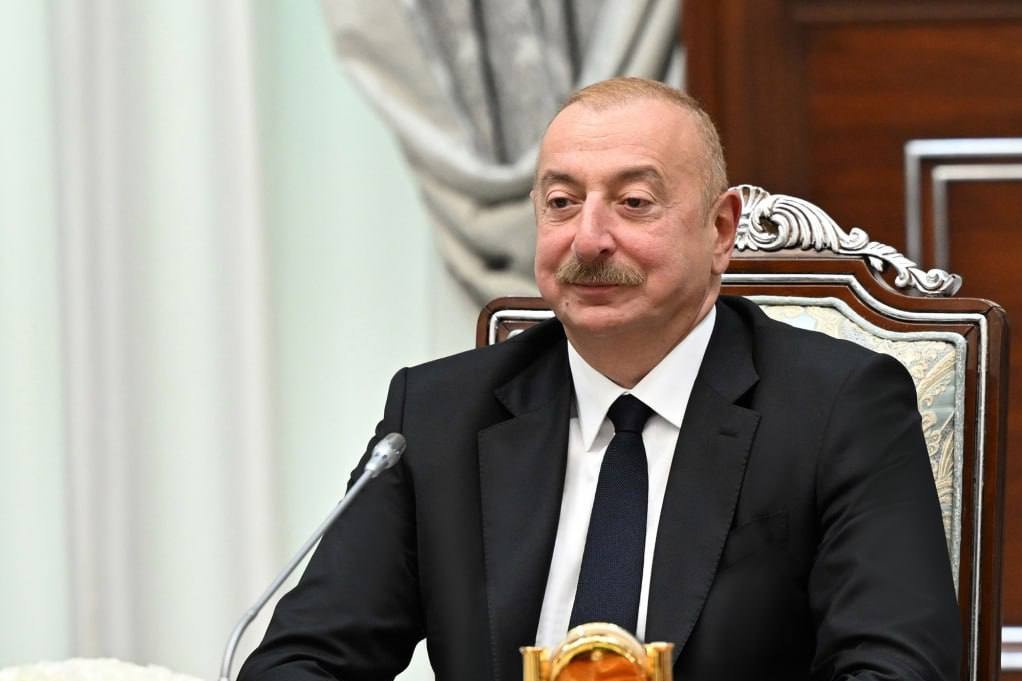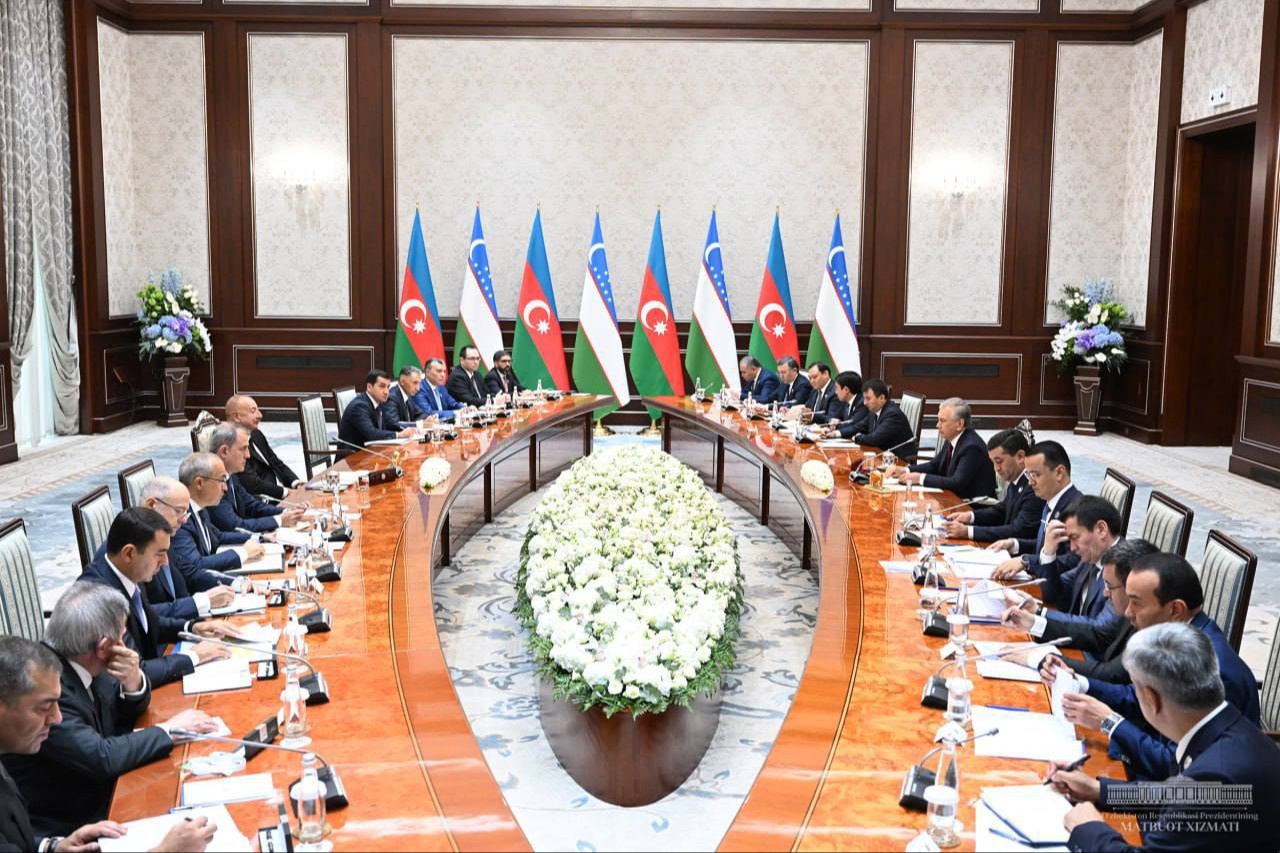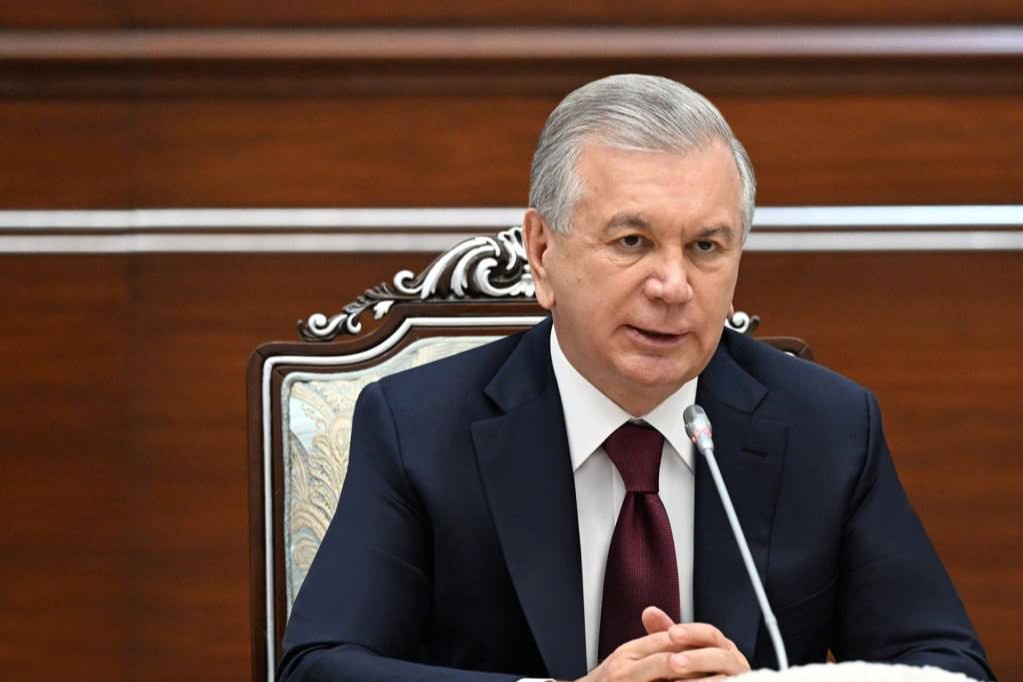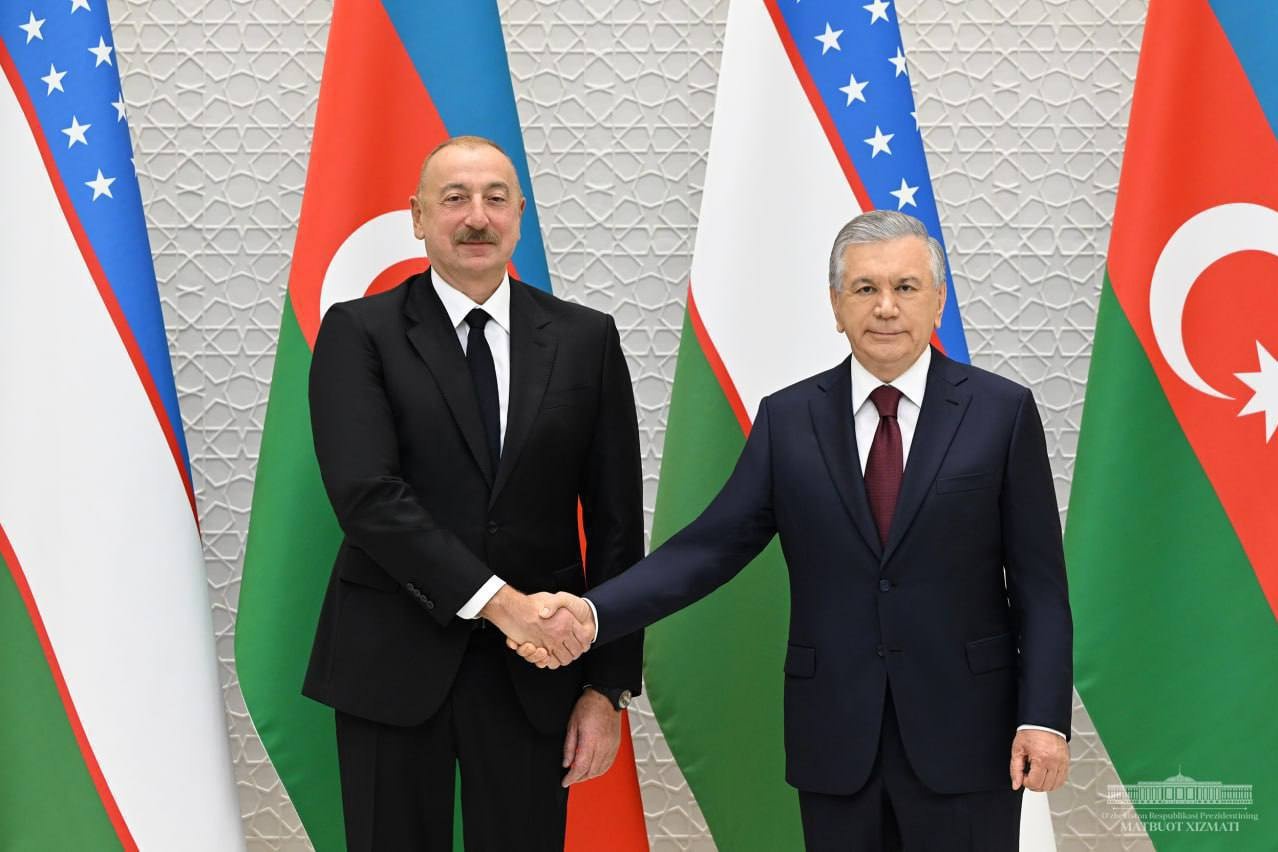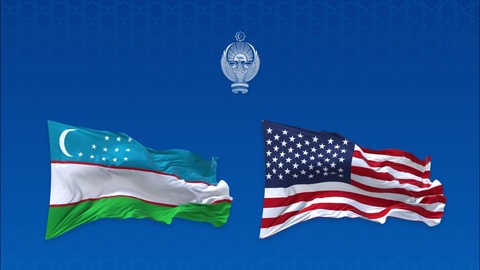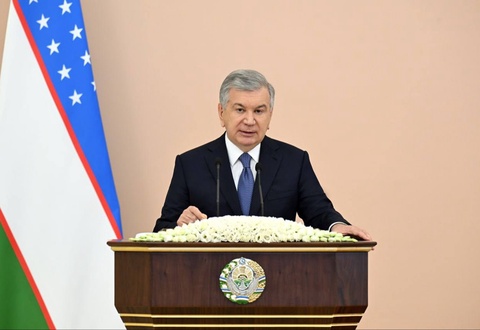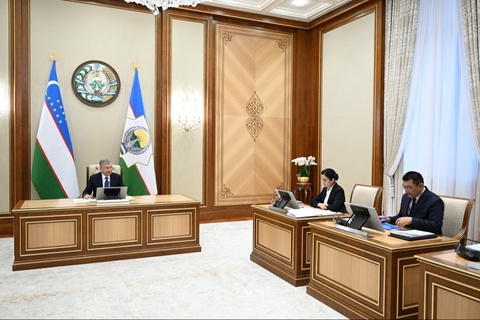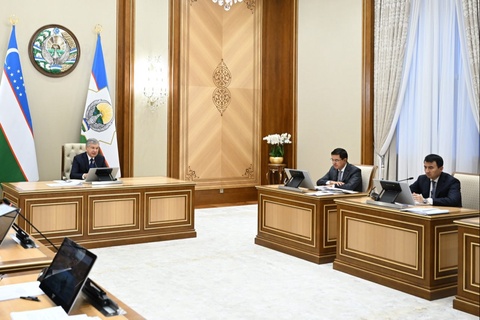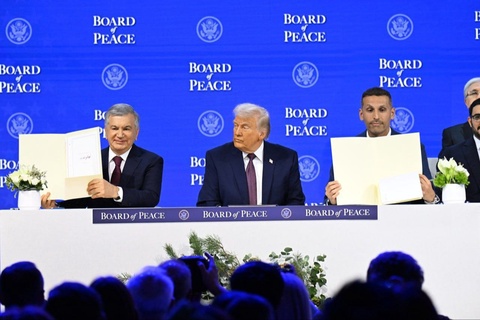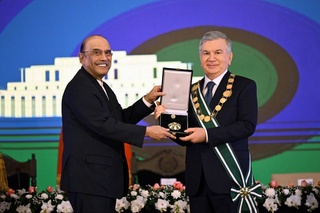The issues of further deepening and enhancing the strategic partnership and multifaceted cooperation between Uzbekistan and Azerbaijan were discussed.
The Head of state emphasized that the current state visit of the President of the Republic of Azerbaijan is a historic event.
“Today, we will sign the Treaty on Allied Relations. In just a few years, we have managed to raise relations between Uzbekistan and Azerbaijan to the highest level of interstate interaction”, Shavkat Mirziyoyev said.
They also noted with satisfaction the holding of the first meeting of the Supreme Interstate Council, which is designed to become an effective mechanism for promoting multifaceted cooperation and enriching it with specific content.
The leaders noted the dynamic development of bilateral ties. Close contacts have been established between parliaments, governments, industry departments, and regions. Intergovernmental Commission and Business Council meetings have become regular, forums and exhibitions, and numerous cultural events are held. Partnership between business circles is expanding.
As part of the business program, the Presidents will meet with representatives of the two countries’ leading companies and launch new cooperation projects.
It was noted that next year marks the 30th anniversary of establishing diplomatic relations between Uzbekistan and Azerbaijan.
To celebrate this significant date widely, the President of Uzbekistan proposed preparing an event program and an annual schedule of intensive interdepartmental contacts and exchanges.
In addition, an agreement was reached to declare the following year the Year of Economic Cooperation between Uzbekistan and Azerbaijan and to adopt a comprehensive Program covering 20 priority areas.
Tasks were set to significantly increase trade turnover and move to a new phase of industrial cooperation, including implementing projects in third countries.
The parties welcomed the results of the business forum held the day before: a portfolio of promising projects worth over $2 billion was formed. This concerns cooperation in the energy, chemical, mining, textile industries, agriculture, urban development, and other areas.
In this context, the practical work of the Uzbekistan – Azerbaijan investment company as a tool for supporting such projects was noted.
The need to strengthen the two countries’ connectivity was noted by implementing transport and communications, energy, and other infrastructure projects, including in a multilateral format.
The parties agreed to increase the frequency of flights, simplify land and air transportation procedures as much as possible, and implement digital solutions.
The importance of intensifying interregional contacts was noted. An agreement was reached to adopt a separate Interregional Cooperation Plan for 2025, a Partnership Program for the Development of Industrial Potential and Infrastructure of the Regions of the Two Countries, and to hold the following Forum of Regions in Kokand.
The leaders of the states agreed to continue active exchanges in culture and art, education, healthcare, youth and information policy, and sports.
It was noted with satisfaction that by decisions of the Presidents, famous cultural figures Farrukh Zakirov and Polad Bülbüloğlu were awarded the titles of People’s Artists of our countries.
The President of Uzbekistan proposed launching a mechanism for regular meetings of the rectors of the leading universities of the two countries and holding a joint media forum.
They also discussed the prospects for building tourist and business complexes in our capitals to increase the mutual tourist flow and humanitarian and business exchanges.
The importance of information and analytical support for developing bilateral relations, implementing joint projects for in-depth analysis, and disclosing the potential for cooperation was emphasized.
The heads of state also exchanged views on the international and regional agenda and discussed issues of continuing intensive dialogue and mutual support within the framework of multilateral structures.
Following the meeting, it was decided to adopt an action plan for the timely and high-quality implementation of the agreements reached.


